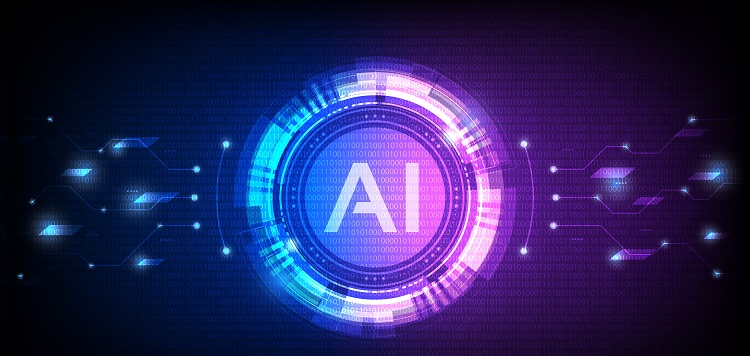Artificial intelligence (AI) and analytics are revolutionizing the way consumer packaged goods (CPG) companies operate. These advanced technologies enable companies to better understand consumer needs, personalize the customer experience, optimize supply chain logistics, reduce food waste, and improve sustainability efforts. In this article, we will examine two top CPG companies and the tools they rely on to enhance their operations and sustainability initiatives.
CPG Titan is using AI tools to enhance their customer experience and reduce food waste. By leveraging the power of neural networks, the company has developed AI tools for various applications. These AI tools aid in responding to customer messages, generating product listings, and minimizing food waste. For instance, the company’s AI-powered messaging response tool analyzes messages and routes them to the relevant customer service representative, enhancing the response time and accuracy of the service. Additionally, the product listing tool uses AI to comprehend consumer behavior, increase conversions, and reduce sales friction. Moreover, the tool facilitates in curbing food waste by predicting demand, monitoring inventory levels, and delivering products on time.
Unilever, a leading consumer packaged goods (CPG) company, has made significant investments in AI and analytics technologies to improve its operations and sustainability initiatives. By incorporating AI and analytics, Unilever has been able to transform various areas of its operations, including data management, logistics, and customer service. The company utilizes AI tools like the GPT API to build innovative solutions that streamline its operations, boost sustainability efforts, and provide a personalized customer experience.
Unilever’s AI tool “Alex,” which is powered by the GPT API, has been implemented to filter consumer messages in its Consumer Engagement Center. Using natural language processing and machine learning algorithms, Alex effectively sorts through emails, distinguishing spam from genuine consumer messages based on their intent and sentiment. As a result, Unilever has experienced a noteworthy decline in spam emails, a more precise routing system, and quicker customer response times.
Unilever has developed a new AI tool called “Homer,” which utilizes the GPT API to generate content. This tool is capable of analyzing data from various sources, including social media trends, customer feedback, and market research data, to create content specifically tailored to the target audience. With the help of Homer, Unilever is able to create more relevant and cost-effective content compared to traditional content creation methods. The company has experienced significant savings in content creation costs since deploying Homer, allowing them to allocate more time and resources towards other essential functions.
Co-creation and co-ownership with business functions are essential for success, according to David Ventura, Unilever’s Head of Analytics. Through a partnership approach, internal teams gain a deep understanding of the needs of their colleagues, stay up-to-date with new trends and requirements, and collaboratively develop solutions that meet business needs. This approach has been instrumental in driving innovation and enhancing sustainability efforts across the entire organization.
As a concluding remark, it is essential to recognize that AI and analytics play a crucial role in the success of CPG companies. These useful tools provide opportunities to personalize customer interactions, optimize logistics and supply chain operations, and improve sustainability efforts. However, their effectiveness heavily relies on a partnership between humans and machines. A combination of expertise, technology, and collaboration is crucial in driving innovation, enhancing sustainability, and improving operations in the CPG industry.

